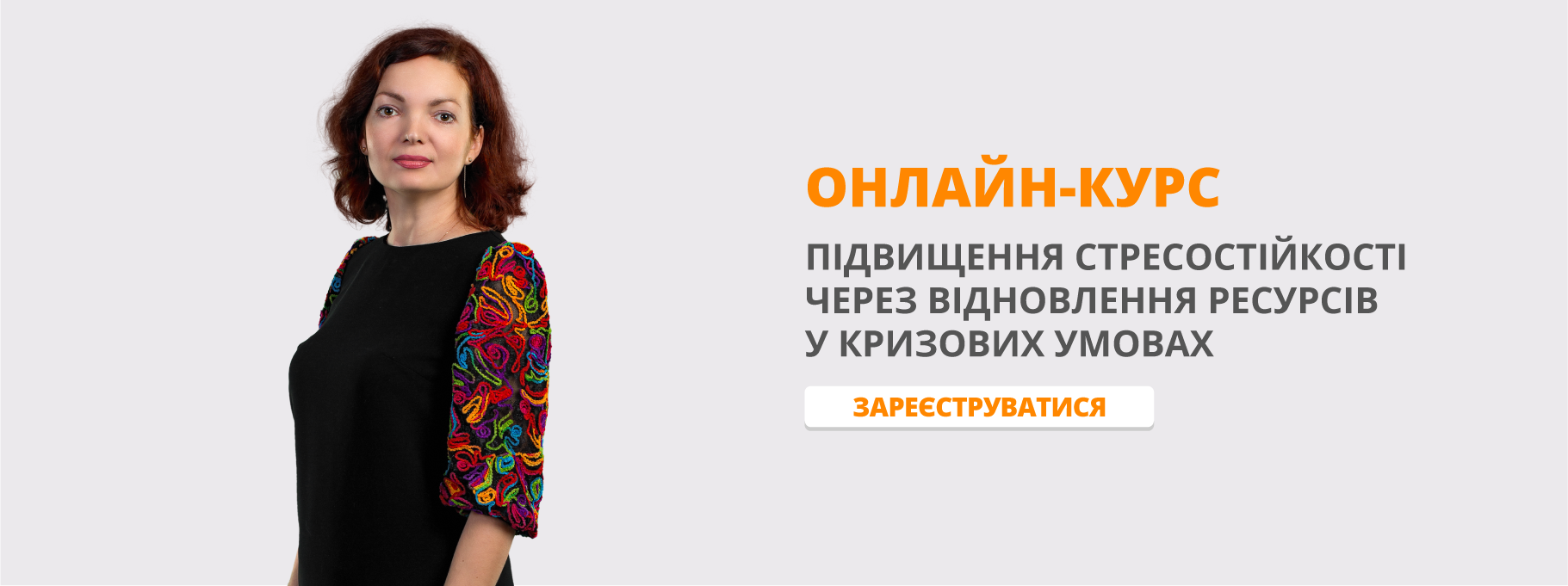Урок '' Освіта в Україні та Великобританії ''
Цей урок підходить для вивчення краєзнавчого матеріалу. Метою цього уроку є порівняння систем освіти України та Великобританії.
SYSTEMS OF EDUCATION IN
UKRAINE AND GREAT BRITAIN

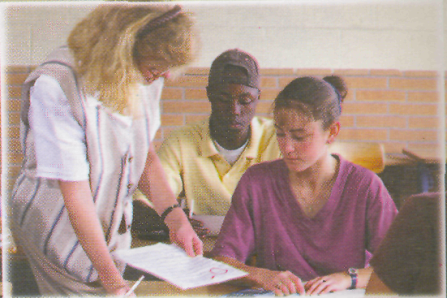
THE SYSTEMS OF EDUCATION IN UKRAINE AND GREAT BRITAIN
Suggested level –B2
Natalya Halamaga,
a teacher,
Physics and Mathematics
Lyceum,
Lviv
Objectives:
- to identify links between paragraphs;
- to skim the text for specific information;
- to work in groups;
- to give personal opinions about the subject of the text;
- to realize the importance of education;
- to make a list of similarities and differences between two systems of education;
- to compare and contrast two systems of education.
Equipment: a whiteboard, a jumbled text.
VOCABULARY:
- compulsory – obligatory;
- primary - elementary;
-education of children between five and eleven years old;
- secondary education – the education of children between
the ages of 11 and 16;
- entrance exam - permission to become involved in a university;
- core curriculum - the basic subjects you must study at school;
- vocational training school – training that teaches you the skills you need
to do a particular job;
- kindergarten – a school for young children usually aged five.
- extramural – involve students from outside a particular college or university;
- extracurricular activities – activities are not part of the course
that a student is doing;
- transitional period - a period during which something is changing
from one state or form into another;
- enroll – to officially arrange to join a school, university or course.
PROCEDURE
1. INTRODUCTION
Greetings, informing about the title of the lesson and main directions of work during the lesson.
2. WARMING-UP


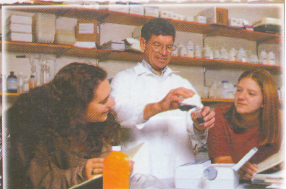
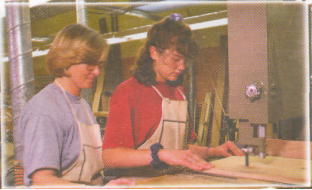 The teacher divides the students into some groups and distributes the cards with the table.
The teacher divides the students into some groups and distributes the cards with the table.
|
Subjects |
………………………………………………….. |
|
Extra-curricular activities |
………………………………………………….. |
|
Facilities |
………………………………………………….. |
|
Technology |
………………………………………………….. |
|
Self-pupil relationship |
………………………………………………….. |
In groups, the students fill in the table and discuss the ideal educational system for them would be. What subjects would they include in the school curriculum and why? What extra-curricular activities would they include? What facilities would they like to have on the school grounds? What role would technology play in their ideal educational system and what technological means would they definitely expect to have? What would the ideal relationship between teachers and pupils be?
Expected answer:
|
Subjects |
Drama, Music, History, Science, Maths |
|
Extra-curricular activities |
Drama club, school magazine, sports club |
|
Facilities |
Computer room, gym, swimming pool |
|
Technology |
Modern computer equipment |
|
Self-pupil relationship |
Friendly and kind staff, who treat the students like equals |
A: Well, firstly, the ideal education system for me would be one where there is no Science on the school curriculum. I would only study subjects I enjoy, like Drama and Music.
B: That sounds good. I hate Science and I don’t like Maths, either. I’d like to study English, though, because I like watching English films and reading English books.
C: I’m afraid I can’t agree with you. Maths is very important. In the first place, we all need to know Maths in order to use money. Furthermore, learning Maths helps us to think logically. In my opinion it is important to have Science lessons, too. We need to learn about the world around us. We can’t just ignore it and etc.
3. MAIN PART
1. GROUP WORK. USE OF ENGLISH.
The teacher asks the students to read the text about the education system in Britain and complete the gaps with the best form of the word in brackets. Wins the group which has no mistakes.
Education in Britain
In Britain, (EDUCATE) is compulsory between the ages of 5 and 16. At the age of five, children start primary school. Then, at the age of eleven, they begin their secondary education. Most children go to state schools, and only about 7 %..............( ATTEND) free-paying private schools.
A school year is divided into three terms. ……….. (NEAR) all schools work a five-day week and they are closed on Saturdays. The day starts at nine and finishes between three and four. There is lunch break which usually lasts about an hour and a quarter.
A ………..(TYPE) timetable includes English, Science, Maths, History, Geography, Art, Music, Physical Education and foreign languages. A lot of schools offer a range of after-school ………… (ACTIVE) such as choir, drama, and trips to………… (INTEREST) places.
Young people are expected to show respect for their teachers and obey school rules. Students who ………… (BEHAVE) risk being excluded from school.
The main exams are GCSEs (school-leaving exams at 16), and A-levels (university entrance exams at 18). University students…… (GRADUATE) after completing their first degree, usually in three years. Many students then continue their studies for a Master’s degree, or a PhD.
Expected answer:
Education, attend, nearly, typical, activities, interesting, misbehave, graduate.
2. READING
Pre-reading
The teacher asks students to answer the questions.
- Do citizens of Ukraine have the right to get education?
- Why do you think education is necessary for people?
While-reading
The teacher distributes the text “Education in Ukraine” in a jumbled order (you should cut the text into some pieces according to the paragraphs), asks the students to put the paragraphs in the correct order and read it.
Education in Ukraine
Present-day independent Ukraine has got a rather developed system of education, which in many respects answers the standards of the developed countries. Citizens of Ukraine have the right to education which is guaranteed by the Constitution and ensured by the broad development of compulsory secondary education, vocational specialized secondary and higher education, by the development of extramural correspondence and evening courses, by the provisions of state scholarships grants and privileges for students.
In Ukraine there is a nine year compulsory education, but to enter a university one has to study two years more. General secondary education is free and compulsory. School starts at the age of six or seven. But most of them have learnt letters in the kindergarten which is a low part of primary school. Primary and secondary schools together comprise twelve years of study. Every school has a ”core curriculum” of Ukrainian, Mathematics, Science, PT. A variety of effective subjects are taught at lyceums and gymnasiums. There are optional, extracurricular courses and disciplines reflecting the school’s academic speciality or major.
After finishing secondary school, lyceum or gymnasium one can go on to higher education. An applicant must take necessary examinations. Post-secondary education is provided by technical schools and colleges training young specialists and institutions of higher learning: universities, academies, institutes and conservatories A multilevel system of training is being introduced based on the junior specialist-B.A.-specialist-M.A. scheme.
Higher educational institutions are headed by Rectors. Pro-rectors are in charge of the academic and scientific work. Higher educational institutions train undergraduate and graduate students in one or several specializations. The faculties are headed by the Deans. There are departments within faculties.
The system of higher education in Ukraine is going through a transitional period. The Ministry of Education and Science provides the reform of educational system of Ukraine. The main aim of it is to make the education components more corresponding to the demands of modern society.
The Ukrainian education policy is a combination of economic and social objectives. An educated person contributes more to the society and education, on the other hand, it gives a person the prospect for professional advance. The citizens of Ukraine show a great concern for education for themselves and their children.
Post-reading
The teacher asks students to find the differences and similarities between the system of education in Ukraine and the one in Britain.
Expected answer:
Expected answer:
Similarities:
- a typical timetable includes the same subjects;
- most children go to state schools;
- there is a nine year compulsory education in both countries;
Differences:
- a school year is divided into three terms in Britain;
- a school year is divided into two terms in Ukraine;
- in Britain children start school at the age of 5;
- in Ukraine children start school at the age of 6.
The teacher asks the students to express their points of view why they think education is important in their life and why it is important to get good education.
Expected answer:
“I think each person should get education if she/he wants to have a well-paid job and succeed in her/his life.”
3.LISTENING
Pre-listening
Students have to choose the correct word concerning the types of school.
Choose the correct word.
- I was lucky to have parents who could afford to send me to a private/state school.
- Elizabeth goes to a specialist/secondary school that trains children for the circus.
- Tom wants to be an electronic technician so he will go to a(n) independent/vocational school.
- My dad went to a grammar/boarding school and only saw his parents once a month.
- My older sister is learning French at a language/grammar school in the evenings.
- My grandparents went to a comprehensive/single-sex school because in their day boys and girls learnt separately.
Answer Key
1 private 3 vocational 5 language
2 specialist 4 boarding 6 single-sex
While-listening
Students have to watch a video and complete the text with the words/phrases below.
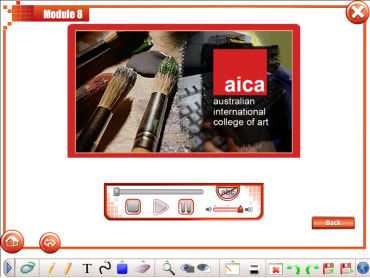
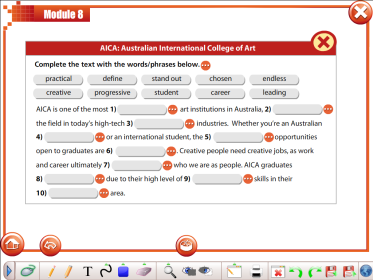

4. CONCLUSION
For the following lesson the students will have to write an argumentative essay “System of education in Ukraine. Advantages and disadvantages”.
References:
1. Virginia Evans. Jenny Dooley. Enterprise 4.-Express Publishing, 2002.-unit 10, pg. 127-128.
2. Richard Acklam. Sally Burgess. Gold. –Longman,-unit 6, pg.64-65.
3. Danuta Gryca. Danica Gondova. Exam Excellence, Oxford University Press, 2006.
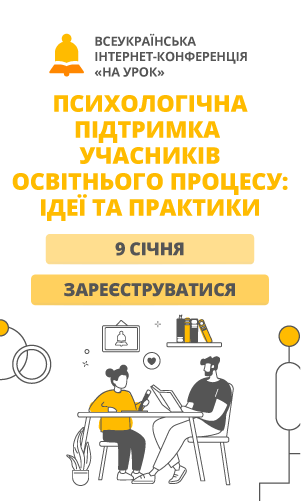

про публікацію авторської розробки
Додати розробку
